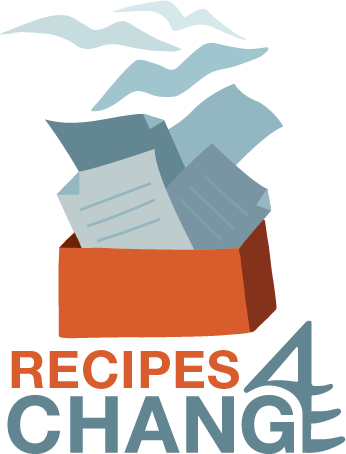The Power of Beliefs
I woke up with a jolt. It was 7am on the 16th of August. The A level results are out. I knew that my daughter was probably already up trying to access her results online. I got out of bed and went looking for her. As I rounded the corner into the living room and heard her sigh I wondered for one split second whether it was a sigh of joy and relief or disappointment. I got my answer almost immediately as she turned her head round from the computer screen and said to me, “ Two A* and an A!”
“Well done darling!” I exclaimed. “What did you get in chemistry?” I then asked.
“A*”, she said as she laughed knowingly.
My interest in her chemistry grade was related to something that happened seven weeks ago when my daughter was deep in the middle of her exams. Two days before her chemistry exam she broke down in tears and was in a kind of panic. On questioning her she told me that she believes she won’t be able to get the A grade she was aiming for in Chemistry.
I was really surprised that my daughter had such doubts. Her grades had always been excellent and her teachers had every confidence in her capabilities. I believed that she was more than capable of getting the grade that she was aiming for. However what I believed didn’t matter, as I wasn’t the one sitting the exam. It was what my daughter believed that was going to have a huge influence on her outcome. It was time to find out what was really holding her back from achieving what she wanted.
After using NLP type questions and techniques we finally arrived at the root cause of her problem.
“ I am not really smart and chemistry is the most difficult scientific subject. A high percentage of people fail it. I don’t know what I was thinking! How could I have, remotely, entertained the idea that I could get an A in such a subject!” my daughter finally blurted out.
“What makes you think that you are not smart?” I asked her eventually.
“Well…its because I always need to work hard to achieve good grades. Smart people don’t need to work hard.”
“Really?” I said. “Do you happen to know a smart person whom you look up to and admire?” I added.
“Yes”, she said after thinking for moment. “My dad”
“Right, apart from being smart, does your dad work very hard as well to achieve his excellent results?” I asked
My daughter took a few minutes to evaluate this question. I could see a change in her physiology. Her face became flushed and a smile slowly spread across her teary face.
“Oh my God! Dad works extremely hard! I was totally wrong. Smart people also need to work hard to get excellent results. What was I thinking?”
“In light of this, what do you believe about your chemistry exam now?” I asked
“ I can totally ace it!” she said confidently.
And she did.
What we believe has a huge impact on our mental state, behaviour and therefore our achievements and outcomes. What we believe to be true is unique to each and every one of us. What I believe to be true might be different from what you believe to be true. By beliefs I mean our perception at a deep, often unconscious, level. Beliefs operate out of conscious awareness, and we’re not aware of the degree to which they guide our behaviour and together with our values shape our personality and define our identity.
Some of the beliefs we have can be empowering, but many are limiting and so hold us back from doing what we want and achieving our goals. Beliefs are learnt and so they can be changed if they are working against what we want. Some beliefs change naturally with time – you no longer believe that Father Christmas is real.
One of the reasons that we don’t realise our beliefs are illogical is that they’re largely self-fulfilling. In some cases we act in such a way as to validate what we believe. That’s true whether it’s a positive or negative belief. The life we create and the experiences we have are determined to a significant degree by what we believe. When we believe we can’t do something, our behaviour will be such that we fail, perhaps by not trying hard enough or by sabotaging ourselves in some way.
Take as evidence the Placebo Effect. Placebos are pills that contain sugar or starch and no active ingredients. Research has shown time and time again that a significant proportion of patients who are given placebos and believe them to be therapeutic actually get well. Other similar studies show that our beliefs can determine the way things turn out. Our beliefs are not mere thoughts, they’re instructions. Believing something sends a psycho-neurological message through your entire mind/body system that seeks to make it happen.
NLP offers a set of tools and techniques that help you discover, understand and, if you so wish, work on your beliefs to ensure that they support you.
So what is stopping you from getting what you want in life? Could the answer lie in your beliefs?
Recommended Reading: Beliefs: Pathways to Health and Wellbeing by Robert Dilts


